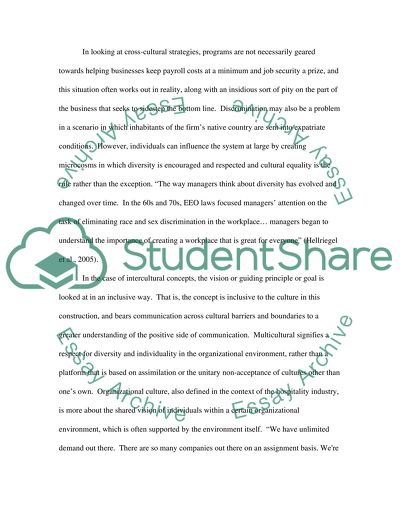Cite this document
(“Is there a relationship between service delivery to customers from Essay”, n.d.)
Retrieved from https://studentshare.org/environmental-studies/1404931-is-there-a-relationship-between-service-delivery
Retrieved from https://studentshare.org/environmental-studies/1404931-is-there-a-relationship-between-service-delivery
(Is There a Relationship Between Service Delivery to Customers from Essay)
https://studentshare.org/environmental-studies/1404931-is-there-a-relationship-between-service-delivery.
https://studentshare.org/environmental-studies/1404931-is-there-a-relationship-between-service-delivery.
“Is There a Relationship Between Service Delivery to Customers from Essay”, n.d. https://studentshare.org/environmental-studies/1404931-is-there-a-relationship-between-service-delivery.


